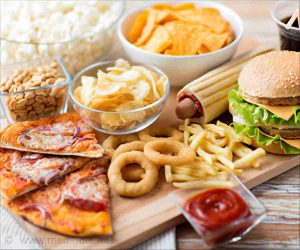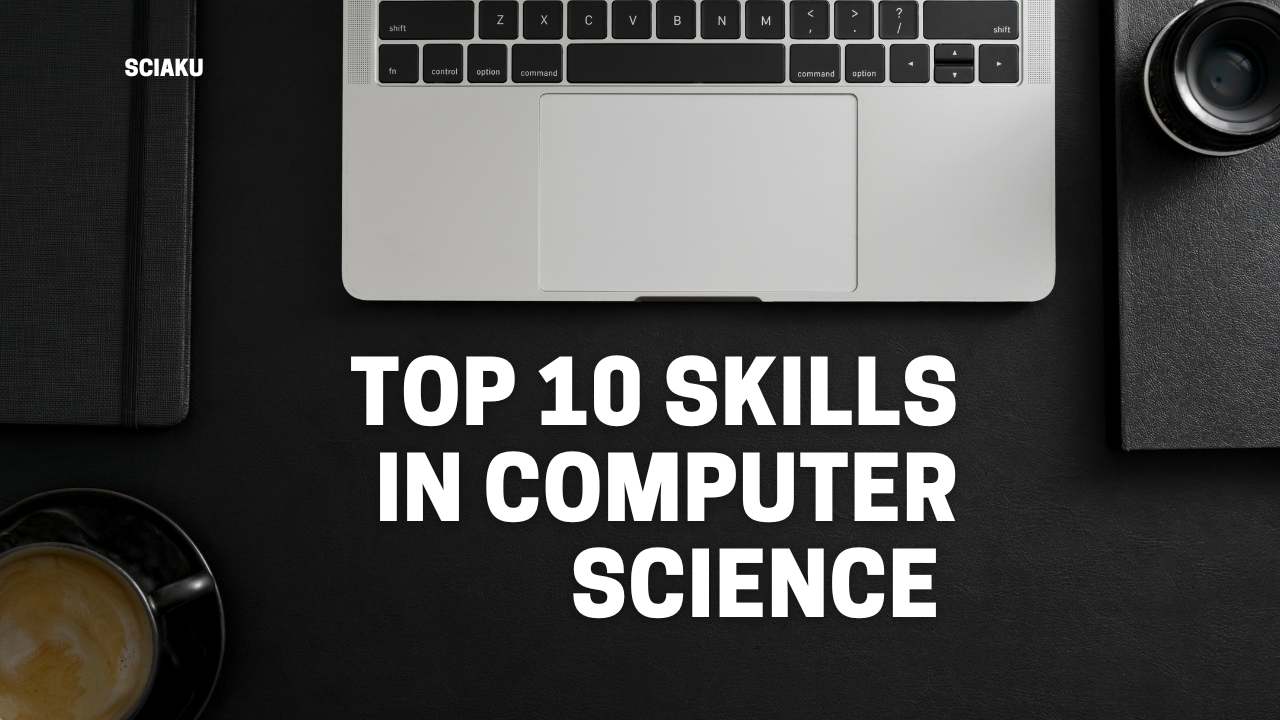A new study reveals that eating fatty meals during stressful times might hinder the body’s’recovery’ from the stress’s effects.

Various results from a study recently published in Frontiers in Nutrition and Nutrients have demonstrated that eating meals high in fat before to a psychologically stressful event can lower brain oxygenation and worsen adult vascular function.
“We served two butter croissants for breakfast to a group of young, healthy people,” said Rosalind Baynham, the study’s first author and a Ph.D. researcher at the University of Birmingham. After that, we gave them eight minutes to complete a mental math exercise at a faster pace, with feedback when they answered a question incorrectly. While performing the activity, individuals may also view a screen image of themselves. The purpose of the experiment was to mimic the daily stress that we may experience at home or at work.”
Stress causes several physiological changes in us, including an increase in blood flow to the brain, a dilation of blood vessels, and an increase in heart rate and blood pressure. We also know that after mental stress, our blood vessels’ flexibility, a gauge of vascular function, decreases. Our research revealed that eating fatty meals under mental stress decreased vascular function by 1.74% (as determined by FMD, or brachial flow-mediated dilatation).
According to earlier research, there is a 13% rise in the risk of cardiovascular disease for every 1% decrease in vascular function. Significantly, we demonstrate that even after our subjects had consumed the croissants, the decrease in vascular function lasted longer.”
Even ninety minutes after the stressful incident ended, the researchers could still see the subjects’ diminished vascular flexibility.
Researchers also discovered that when individuals ate a low-fat lunch, there was a 39% fall in oxygenated hemoglobin during stress, indicating that consuming high-fat meals reduced brain oxygenation in the pre-frontal cortex. Moreover, eating fat negatively impacted mood during and after the stressful experience.
According to Jet Veldhuijzen van Zanten, a professor of biological psychology at the University of Birmingham, “we looked at healthy 18–30-year-olds for this study, and to see such a significant difference in how their bodies recover from stress when they eat fatty foods is staggering.” “Those who are already at a higher risk of cardiovascular disease may experience even more severe consequences.”
All of us deal with stress on a daily basis, but those of us who work in high-stress situations and are at risk for cardiovascular disease should take particular alarm from these findings. Using this information, we may make decisions that decrease risks rather than raise them.”
Additionally, the study revealed that people’s ability to recuperate from stress is less impacted when they consume low-fat foods and beverages. Stress still had a deleterious impact on vascular function (1.18% drop in FMD) even after consuming a low-fat meal, however this decline stopped 90 minutes after the stressful incident.
Subsequent investigations conducted by the University of Birmingham team have demonstrated that this deterioration in vascular function may be entirely avoided by consuming ‘healthier’ foods, especially those high in polyphenols, such cocoa, berries, grapes, apples, and other fruits and vegetables.
According to Dr. Catarina Rendeiro, an assistant professor of nutritional sciences at the University of Birmingham, “It is important to emphasize the importance of certain meals during times of stress. For instance, lower brain oxygenation may have an effect on mental health and mood, increasing stress levels in individuals. Conversely, it could have an impact on cognitive function and people’s capacity to carry out the same job that is causing them stress, such as a meeting at work, an exam, or an interview. In the future, we would like to investigate this more.”
According to our research, the foods we eat during stressful times can either worsen or mitigate the impact of stress on our cardiovascular systems. The good news is that this indicates that we have actionable options.”
We know that individuals who are stressed out frequently select higher-fat foods—either as a treat to help them deal with the stress or because it’s the more sensible option when time is of the essence. However, by doing this, they are exacerbating the physical and psychological reactions that people have to stress. They may be putting themselves in a better position to handle the stress by choosing low-fat foods.”
“The world is an extremely stressful place right now, and even in the absence of external factors like war or a crisis in the cost of living, stress is something we all need to deal with,” Rosalind Baynham said in her conclusion. Therefore, perhaps try passing on the complimentary cookies the next time you are in a large meeting or participating in a job interview and opt instead for some berries. You may discover that you are more at ease and have slightly better stress management skills.”



